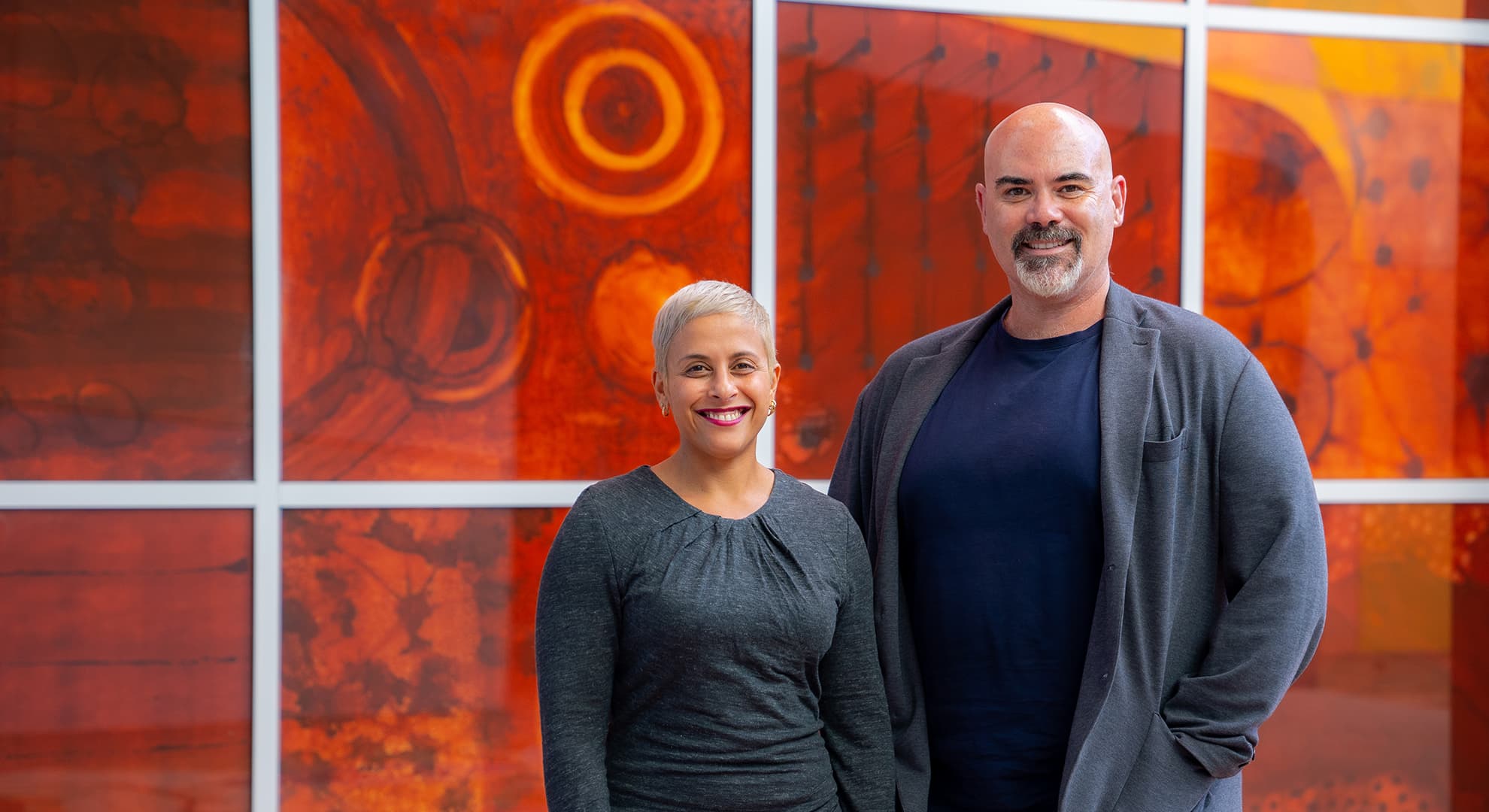It will add just 30 minutes to a routine infant health check, but it promises to give lifelong benefits.
Edith Cowan University has been awarded a $3 million National Health and Medical Research Centre (NHMRC) Clinical Trials and Cohort Studies 2021 grant aiming to give Aboriginal children the best possible start to life.
Spanning five years, the research team will implement the Care for Child Development (CCD) program, which the World Health Organization and UNICEF have used to positive effect internationally.
It sees health providers trained to offer appropriate advice to caregivers on play, responsive stimulation, mother-child interaction, and maternal depression, starting from the first month of their child’s life.
ECU director of Aboriginal research Associate Professor Dan McAullay will lead the team, which includes experts from King's College London, Telethon Kids Institute, King Edward Memorial Hospital for Women, University of Melbourne and Murdoch University.
Professor McAullay said the grant will help address a prevalent issue in the Aboriginal community.
"Almost one in three Aboriginal children start school in Western Australia with at least two developmental vulnerabilities," he said.

"The long-term effects of having poor early child development means children don't live up to their potential. That then influences their educational attainments, and their social and emotional wellbeing going into adulthood.
"Despite this, there has been no primary healthcare-delivered early child development program starting in the first four weeks of life."
The most recent CCD program trial overseas in Pakistan found it resulted in substantial improvements at 12 and 24 months in cognitive child development compared to children who hadn’t undergone the program.
ECU Kurongkurl Katitjin senior research fellow Dr Natalie Strobel said the program would be included in regular health checks run by health staff and Aboriginal health workers in the child’s first year of life.
"It will take about an extra 30 minutes and will give parents and families extra education and feedback on what they can be doing with their children to improve their cognitive learning and their speech and language, but also to foster that development.
"We'll also support mothers' mental health as that can be linked to how receptive they are to their baby's needs.
"If the program is shown to be effective, there are commitments from our partners at the WA Department of Health to embed it as part of their standard care practice moving forward."
 Associate Professor Dan McAullay and Dr Natalie Strobel will lead the project.
Associate Professor Dan McAullay and Dr Natalie Strobel will lead the project.


